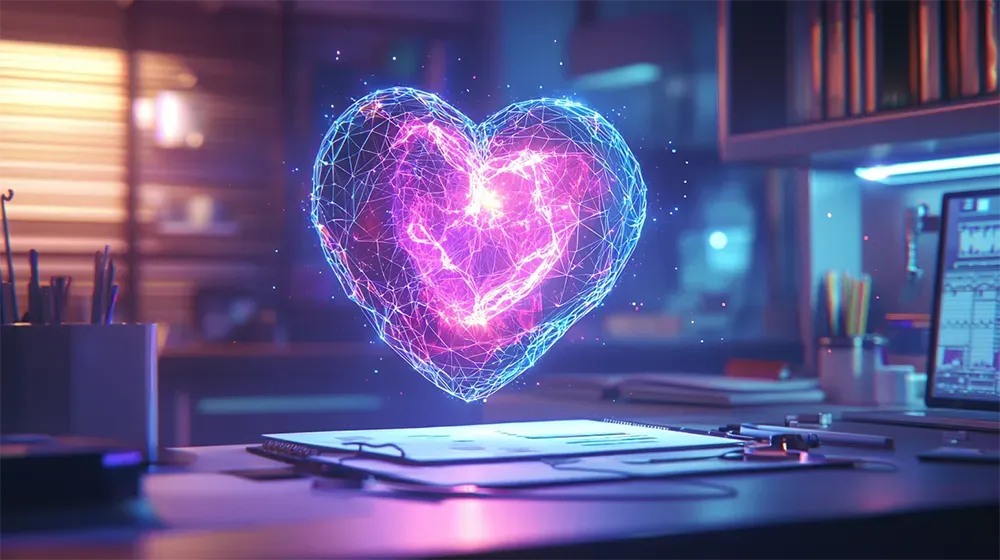Digital Doubles: The Future of Medicine or a Privacy Nightmare?

Would you trust a digital twin of your heart to decide your next surgery? While the technology could revolutionize healthcare, it also raises unsettling questions about privacy and patient autonomy.
Digital twins, virtual replicas in this case of human organs, are entering healthcare, promising personalized medicine, surgical precision, and faster drug trials. From digital hearts guiding pacemaker placements to synthetic brains helping stroke research, these models replicate real organs based on MRI and CT scans.
Researchers are also exploring “in silico trials,” using synthetic patients for safer and more inclusive drug testing. While the benefits are staggering, challenges loom: data ownership, consent, and the ethical implications of replacing human decisions with machine-guided insights.
Engineers envision digital twins as integral to medical records within a decade, but societal resistance and technical hurdles remain significant.
- Digital twins enable personalized medical simulations.
- In silico trials reduce risks and biases.
- Concerns over privacy and autonomy persist.
As healthcare embraces this innovation, will digital twins reshape treatments?
Read the full article on MIT Technology Review.
----
💡 We're entering a world where intelligence is synthetic, reality is augmented, and the rules are being rewritten in front of our eyes.
Staying up-to-date in a fast-changing world is vital. That is why I have launched Futurwise; a personalized AI platform that transforms information chaos into strategic clarity. With one click, users can bookmark and summarize any article, report, or video in seconds, tailored to their tone, interests, and language. Visit Futurwise.com to get started for free!






